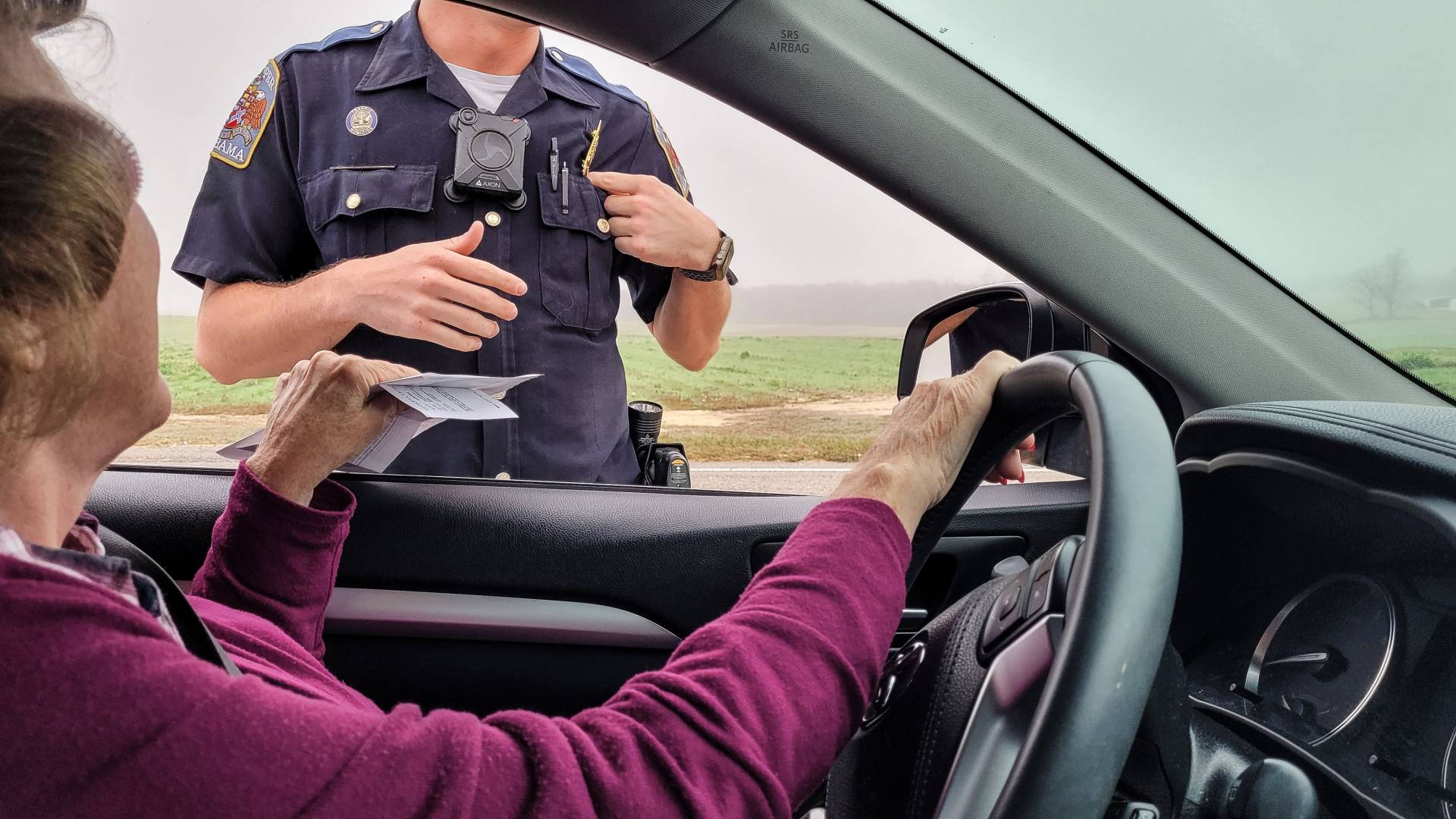What Legal Options Are Available for Individuals Facing Wrongful Conviction Appeals?
How Is a Wrongful Conviction Defined? A wrongful conviction is a legal situation in which someone is convicted of a crime but shouldn't have been for one of two specific reasons (or both). The person convicted can be proven factually innocent of the crime they were charged with. Procedural errors were committed that violated the [...]
Main Drug Classification and Penalties
How Does California Classify Different Drugs? Given the vast array of drugs that exist, prescription and otherwise, it's not surprising that this can be a highly complex part of criminal law. There are drugs that are illegal, while others are legal in specific circumstances, such as prescription drugs ordered by a qualified physician to treat [...]
What Are Common Criminal Defense Strategies?
What Kinds of Defenses Are Frequently Used in Criminal Cases? Every criminal defense case is unique, with different circumstances and mitigating factors. There's no guarantee that a defense that was successful in one case will be equally successful in another similar case. However, there are some defenses that have succeeded multiple times over the years. [...]
How Does the California Legal System Handle Cases of Juvenile Crime and Rehabilitation?
How Are Juveniles Charged with Crimes in California? Few things can be as terrifying for a parent as learning their child is being charged with a crime. It's vital for parents to understand what California's juvenile crime laws are, how they're followed, and what California courts lean toward when it comes to consequences. The first [...]
The Impact of California’s Three Strikes Law on Criminal Defense
What Is California's Three Strikes Law? California has a stringent sentencing law known as the three strikes law, which mandates a prison sentence of 25 years to life for someone who's convicted of a violent or serious felony and already had two similar convictions on their record. It also limits the privilege of "custody credits," [...]
Understanding California’s Castle Doctrine (Stand Your Ground)
If someone kills someone while protecting their home, they may have a case for not being convicted of a crime under California's Castle Doctrine. Here's what you need to know about this law and how it applies to various cases. What Is California's Castle Doctrine Law? In California, Penal Code 198.5 is the Castle Doctrine. [...]
Are Red Light Speeding Camera Tickets Considered Constitutional in California?
There's been much discussion online and in legal communities about red light speeding camera tickets and whether or not they're constitutional. Sometimes, opinion is presented as fact. Here are the facts about California's laws regarding these types of tickets. What Does California's Constitution Say About Speeding Tickets Triggered by Red Light Cameras? As of 2014, [...]
Can You Be Charged With Murder in California for Killing Someone in Self-Defense?
It might seem logical that if someone killed someone else in self-defense, it should be easy to prove and avoid murder charges. But that's not always the case. There are specific circumstances in which self-defense is a valid defense in avoiding murder convictions. Here's what you need to know. What Does it Take for Self-Defense [...]
What Is the Difference Between First-Degree and Second-Degree Burglary?
It might seem logical to think that burglary is burglary–it involves things being stolen. But in fact, mitigating circumstances make some instances of burglary more severe than others, especially in terms of outcomes. Here's what you need to know about first- and second-degree burglary in California. What Is First-Degree Burglary, and What Are the Penalties? [...]
Can a Person Recant a Statement in a Police Report?
It's not uncommon for someone to give a report of a crime to the police, then later realize that maybe they shouldn't have said all or part of what they said and wonder if it's possible to recant. The short answer is yes, it's possible to recant–but there are some caveats to be aware of [...]















